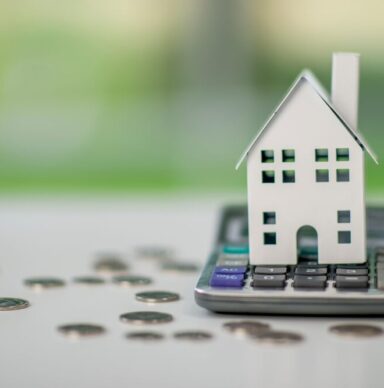As most of us know, it’s becoming more difficult than ever for first-time homebuyers to secure the home of their dreams, thanks to rising house prices, higher interest rates, and a higher debt load than ever before. We discuss why saving for a down payment is so challenging in the current real estate market, and what you can do to fulfill your dreams of homeownership, even in this tough economic climate.
The Down Payment Problem
One of the most challenging aspects of buying a home, especially in today’s ever-changing real estate market, is saving up for the down payment. In Canada, 5% is the minimum down payment needed to qualify for a mortgage, and with the rising cost of housing and stagnant wages, that goal is a constant moving target.
If you’re struggling to afford a home under these conditions, recent studies on housing costs show you’re not alone. An RBC survey shows that as much as 36% of non-homeowners under 40 have given up on the dream of ever owning a home in this market.
Fortunately, there is a new alternative to simply saving endlessly for a down payment: Rent to Home.
The Rent to Home Solution
A rent to own agreement allows you to rent and live in your chosen home for a set term before being given the option to purchase it.
You don’t have to qualify for a mortgage. You don’t need perfect credit, or indeed, any credit. While you rent your home, you’ll build positive credit and save money for your down payment to buy your home at the end of your term. It’s that simple.
How Rent to Own Programs Solve the Down Payment Problem
If you’re struggling to save the 5% down payment on a home, our Rent to Own program is for you. You’ll only need to present a 3% down payment to qualify, even if you have a low credit score or no credit score.
As you rent with us, we’ll collect “credits” to fund your eventual down payment. We’ll also provide you with top-notch financial education through a Certified Financial Planner, plus real estate and mortgage advice through top realtors and brokers. All of this is included as part of your Rent to Own package and is provided to you at no additional cost.
At the end of your term (typically 3 years), you’ll have built a strong credit history and have saved enough to purchase your home from us. Congratulations, you’re a homeowner!
Overcome Your Down Payment Problems with JAAG Properties
If you’re having trouble saving for a down payment, our Rent to Own program was designed with you in mind. Stop sinking money into rent that ultimately only benefits your landlord and start saving towards a home you love. Apply online with us today or contact our friendly staff for assistance!



